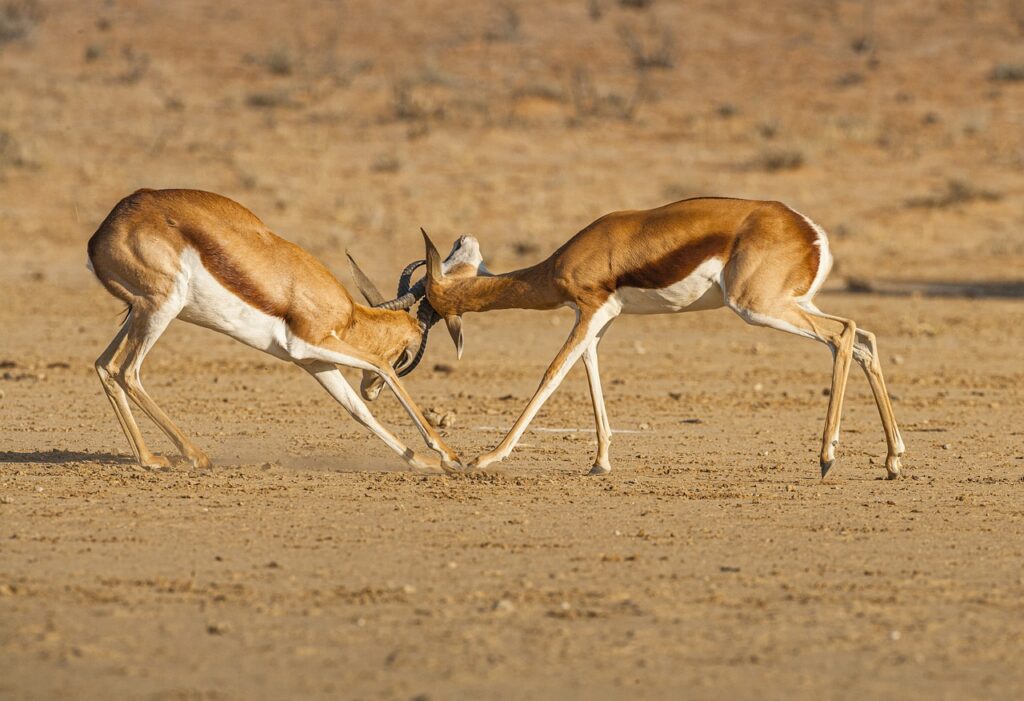How we respond
When we are worried, tense or afraid, particularly about things that have happened in the past, are happening, or which we think could happen in the future we may experience a physiological response most often known as the fight, flight, freeze response.
All animals have the capacity to learn from life-threatening experiences. All animals learn to survive through the functions of the areas of the brain that process information through a complex behavioural process that has been termed the fight, flight, freeze response.
Fight or flight
Our responses are common to many animals from reptiles to primates. Whether they fight or flee when exposed to a threat must be learnt very quickly through such experiences.

Learning through experience
The information from these learning experiences must be stored in the unconscious form in order to be of use in the survival game. It must be capable of triggering a predictable behavioural response learned through trial and error without thinking or planning. The process through which we learn these survival skills is called classical conditioning, a term introduced by Pavlov (1926).
All threatening experiences, even those that are successfully resolved, will prompt unconscious responses related to cues from external repetition of the traumatic event.
The ability to initiate the fight, flight, freeze response is determined by the sympathetic nervous system. One of the two branches of the autonomic nervous system. This sympathetic nervous system is responsible for activating the cardiovascular and motor systems of the body and for making available the extra energy for the vigorous physical activity required to fight or flee.
Freeze response
The freeze response is of highly focused attention and extreme hyper-vigilance in order to judge what the best course of actions is. From an evolutionary perspective, being still was a way for animals to keep themselves safe from predators who rely on movement to catch their prey.
You can learn more about the fight, flight, freeze response in the Trauma and Recovery course which you can access via the courses section of our main website.